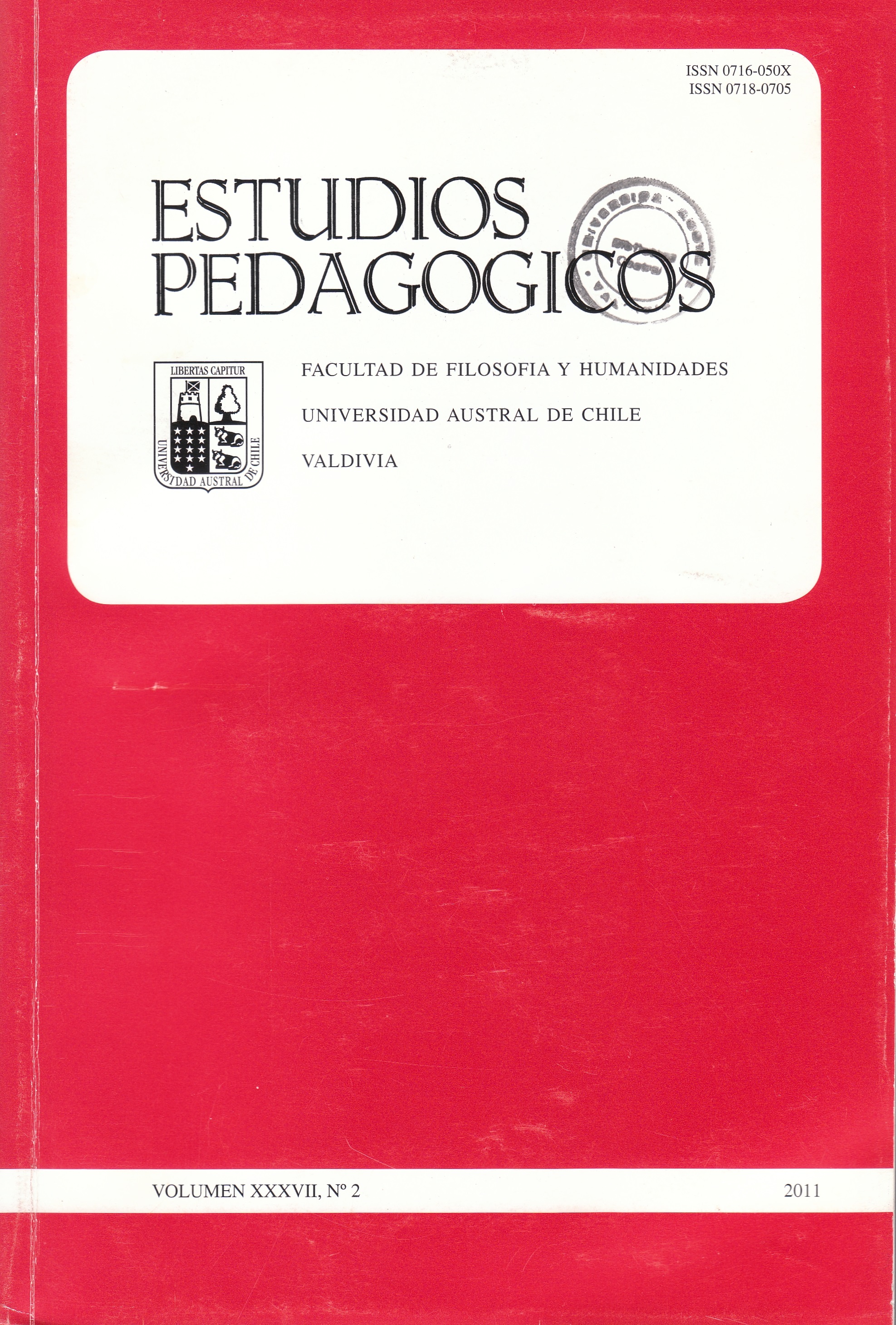Mapuche educational learning contents for a conceptual frame of a cross-cultural school curriculum
Main Article Content
Abstract
This article presents some of the results of a research on learning contents that Mapuche families use in their children’s formation. These contents must be incorporated into the curriculum of schools located in Mapuche contexts in order to overcome the problems that monocultural education has historically generated at the school. The methodology used to conceptually relate cultural knowledge to children’s formation is the axial coding of the Grounded Theory. The results show the relationships among gijatun (socioreligious ceremony), mafün (wedding ceremony), and tuwün (maternal territory origin) categories and their conceptual, procedural and attitudinal dimensions.
Article Details
How to Cite
Quilaqueo, D., Quintriqueo, S., & San Martín, D. (2018). Mapuche educational learning contents for a conceptual frame of a cross-cultural school curriculum. Estudios Pedagógicos, 37(2), 233–248. https://doi.org/10.4067/S0718-07052011000200014
Issue
Section
RESEARCHS

